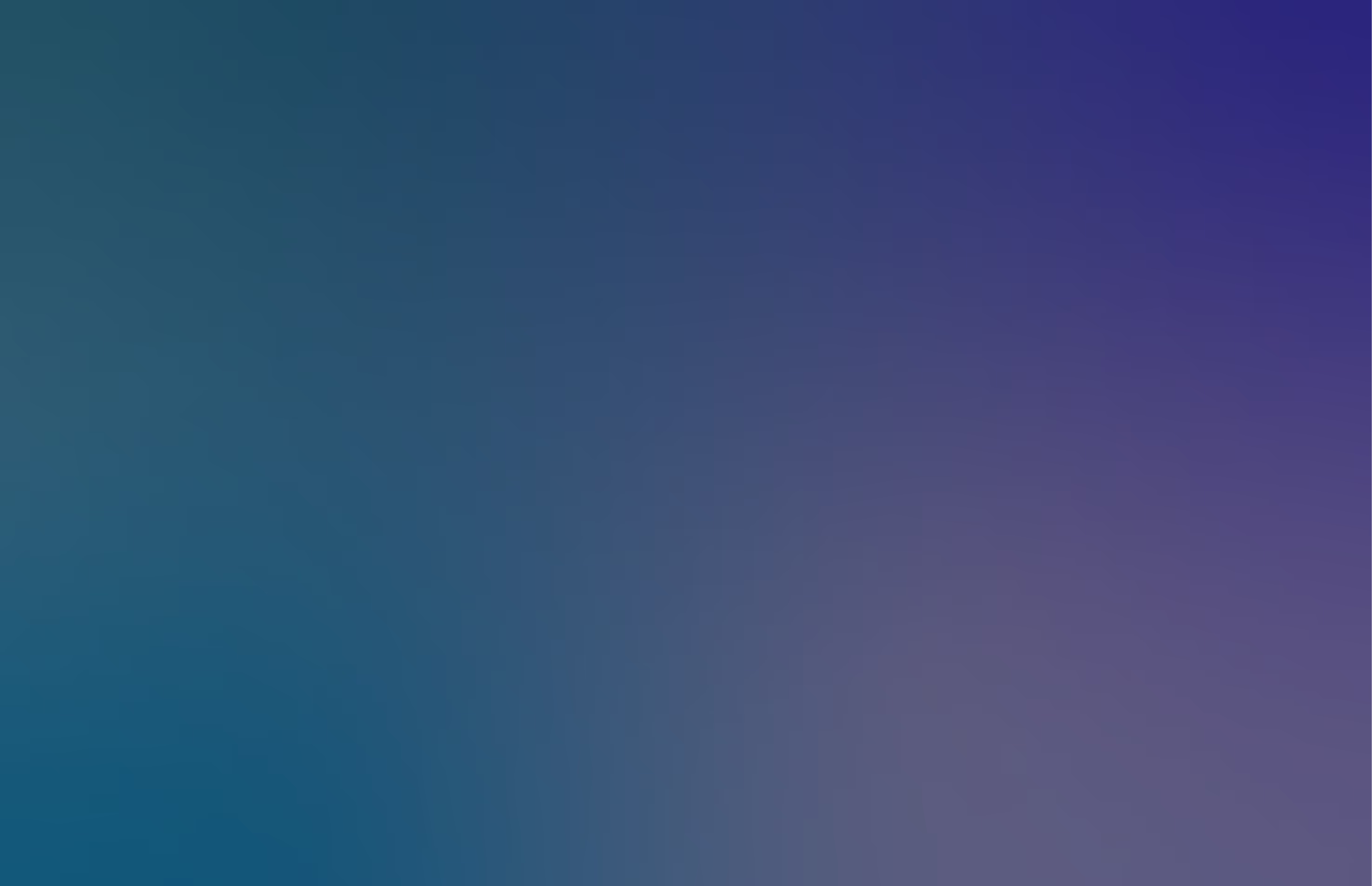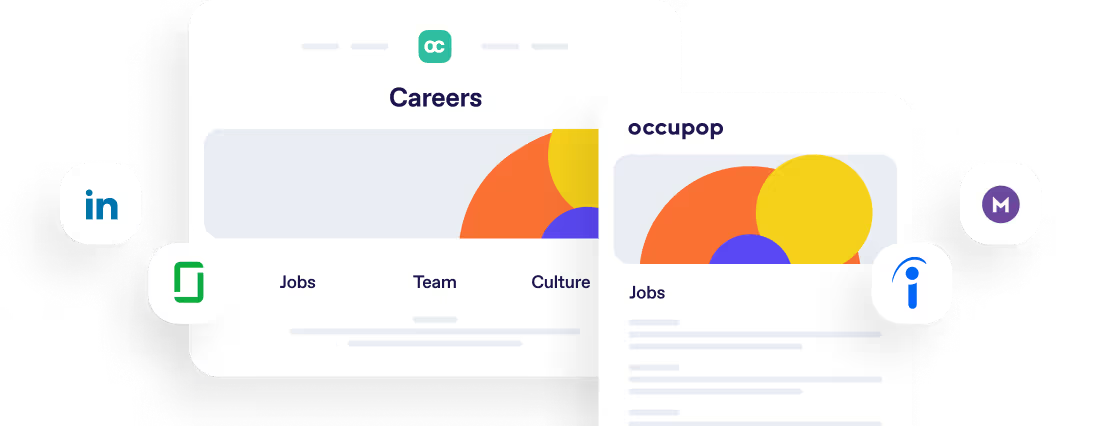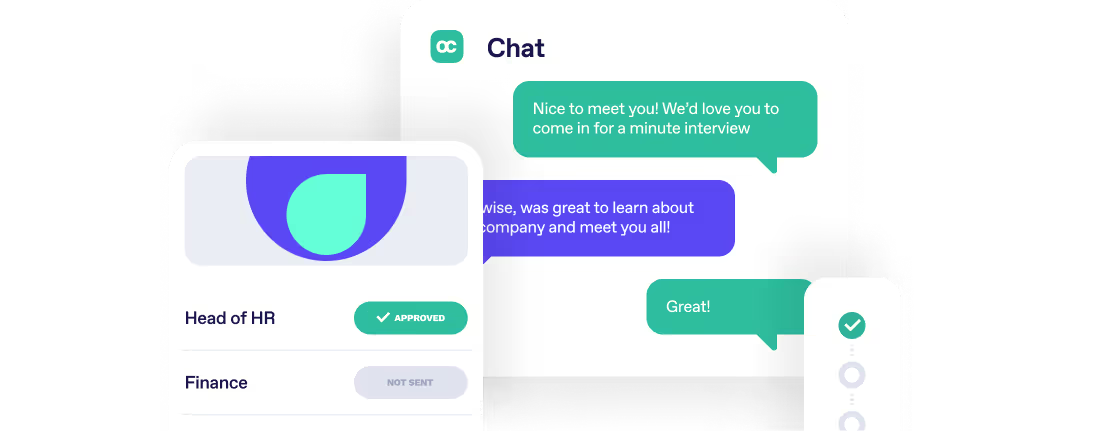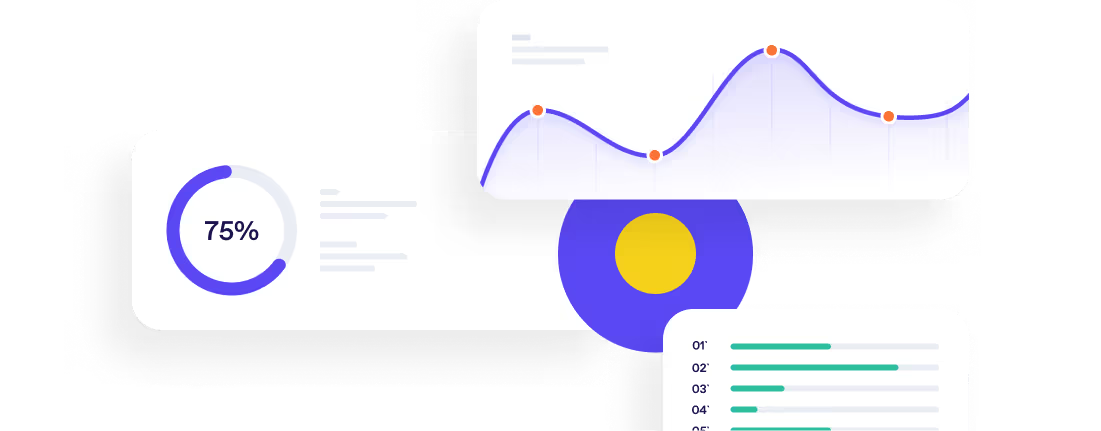How to Attract a Millennial & Gen Z Workforce



It’s been estimated that by 2025, 75% of the workforce will be made up of millennials. This, along with the introduction of Gen Z into the workforce, means that the needs of your employees will soon be changing drastically. What the next generation wants from a role is distinctly different from that of previous generations.
As adaptable as they are driven, these generations also tend to be more transient, often spending a much shorter spell in jobs than generations before them. These hungry young workers now see employment as a two way street, and it’s imperative to understand how they are different, in order to attract and retain them.

What is the future of work?
The future of work is the adoption by organisations of new technology driven practices, along with the new age of talent entering and disrupting how companies work. Automation, machine learning and artificial intelligence are becoming commonplace in the workplace as companies embrace the future of work, shifting to a more modern and efficient ways of working. This is has also brought around a change in the skills companies look for in employees, moving from a hard skills to soft skills focus due to the automation of many roles. The future of workforce are Millennials and Gen Z, they are defined as follows:
- Millennials: the millennial generation, also know as Generation Y, is an individual born between 1981 and 1996 and reached adulthood in the 21st Century. In 2020, the millennial population age range is 24 - 39.
- Gen Z: Generation Z are the demographic cohort that immediately succeed millennials. A Gen Z individual is born between 1997 - 2012. In 2020, the Gen Z population age range is 8 - 23.
What the future workforce wants in the company they work for?
As is mentioned above, in this new age of work, employees are placing value on completely different things than their predecessors. But what exactly is it that the Gen Z and millennial workforce wants?
- Company culture that aligns with their personal values: According to the 2018 LinkedIn Workplace Culture report, 86% of millennials would consider taking a pay cut to work at a company whose mission and values align with their own.
- A career development plan: Data gathered by Robert Walters found that 91% of millennial professionals name career progression is a top priority.
- Continuous feedback: A recent Clutch HR Employee Feedback Survey found that 72% of millennials who consistently receive accurate feedback from their managers find satisfaction in the workplace.
- L&D programmes that are instantly accessible: 87% of millennials rated professional or career growth and development opportunities as important to them in a job according to the 2016 How Millennials Want to Work and Live Gallup Survey.
- Flexible working opportunities: The 2019 Deloitte Global Millennial Survey found that nearly 75% of the millennial workforce thinks that a “work from home” or “work remotely” policy is important.
INSERT-CTA
How to attract the millennial and Gen Z workforce
We’ve seen that millennials and Gen Z workers highly value a company culture that aligns with their own values. Use this fact to your advantage by building an employer brand that can't be ignored to attract them to your company.
This new generation of workers are also the most social media savvy there’s ever been. In order to attract top millennial and Gen Z talent, promote your employer brand with a strong social media presence and company careers page that clearly communicate the values and culture at your company.
The Gallup survey found that 59% of millennials said opportunities to learn and grow were most important to them when applying for a job. If you’re looking to attract the new generation to your workforce, make sure you have robust learning and development programmes in place, and ensure that potential job seekers are aware of them from the outset.
Millennials care about diversity and inclusion, and they want their employers to care about it too. A recent millennials at Work study has shown that 47% of millennials actively look for diversity and inclusion programs in their prospective employers before finalising a job decision.
Fostering a culture of diversity and inclusion in your workplace will not only make your company more attractive to the new generations, it benefits your business as well: Research by Fortune has shown that companies in the top quartile of diversity are 35% more likely to have above-average industry returns.
It’s no secret that millennials – and to a larger extent Gen Z – are the mobile phone generation. Make sure you job description is concise, viewable on mobile devices and easy to fill in. A Glassdoor survey found that reducing the time needed to complete an online job application by 10% is associated with a 2.3 percent increase in job applications from mobile job seekers.
When interviewing the younger generation of workers, make sure you know what is important to them, and ensure this comes across:
- Emphasise growth opportunities
- During the pre-screening interview, invite the candidate to check out your company Instagram account
- Stress your company’s social impact
As for the interview itself, these are extremely adaptable generations. Don’t be afraid to shake things up and embrace new interview techniques and methods. Use a pre-screening interview to first get to know potential candidates, or consider the use of video interviews or A.I. in order to screen for necessary soft skills.

Once you’ve got them, how do you keep millennials & Gen Z employees?
So you’ve managed to attract this new worker to your company. Now you need to retain them, but this may be easier said than done. A 2018 Deloitte survey found that 43% of millennials and 7% of Gen Z workers plan to leave their current jobs within two years.
Knowing what millennials want from their work is half the battle, after that, you just have to make sure you offer it to them. According to Deloitte’s 2019 Global Millennial Survey, 22% of millennials and 19% of Gen Z workers said that they would look to leave employers that didn't prioritise offering flexible working practices or supporting healthy work/life balance for its people.
The writing’s on the wall: millennials highly value a healthy mix of professional and personal time. You can retain talent by ensuring that you offer an array of flexible working options, such as remote work, compressed hours or paid leave, in order to support this balance.
Another Deloitte study found that 71% of millennials who are likely to leave an organisation within two years are dissatisfied with how their leadership skills are being developed. Career progression, along with L&D, are two factors that are extremely important to Gen Z and millennial workers in a job.
Mentorships, interactive learning and moving towards a digital-first workflow are all training trends you can adopt which help to keep your millennial workforce feeling engaged and appreciated.
These younger generations are also highly tech savvy. Statistics from Fundera show that 91% of Gen Z workers say sophisticated technology would make them more interest in a workplace. Meanwhile, a 2016 Dell & Intel Future Workforce Study showed that 42% of millennials stated they would leave a company due to substandard technology. Providing your employees with the latest devices and software is beneficial not only for talent retention, but business in general.
One of the most notable recent HR trends for millennials is their desire for continuous feedback. millennial and Gen Z workers come from a culture where everything is immediate: instant messaging, on-demand TV and food delivered straight to your door, any time, day or night. This may be part of the reason why they feel continuous feedback is important.
In a recent TriNet survey, 85% of employees said they’d feel more confident if they could have more frequent conversations with their managers. Despite this, data from the Gallup study suggests only 19% of millennials receive routine feedback. Facilitating an open and regular dialogue with your new generation of employees is one of the keys to ensuring they are satisfied in their role.
In reality, there is no secret to success when it comes to attracting millennial and Gen Z employees. The fact is that this is a highly dynamic and diverse set of young workers, and the best thing any business can do is to understand the needs of these generations, and be ready to adapt and change to suit them.
INSERT-LINE
To give your HR team time to keep up with the ever-changing workforce, and all the latest recruiting trends, we can make your hiring process faster, easier and stress-free. With the help of AI technology, Occupop can greatly reduce your recruitment admin, time and costs, while streamlining the entire process. We’ll post your job descriptions across 16+ recruitment channels, score and filter your CVs, and give your hiring team the tools to keep up with this rapidly-changing industry.
Visit www.occupop.com to learn more today!
Summary Points
It’s been estimated that by 2025, 75% of the workforce will be made up of millennials. This, along with the introduction of Gen Z into the workforce, means that the needs of your employees will soon be changing drastically. Here are our tips on attracting and retaining the future of work:
What the future workforce wants in the company they work for:
- Company culture that aligns with their personal values
- A career development plan
- Continuous feedback
- L&D programmes that are instantly accessible
- Flexible working opportunities
How to attract the Millennials & Gen Z workforce?
- Emphasise growth opportunities
- During the pre-screening interview, invite the candidate to check out your company Instagram account
- Stress your company’s social impact
How to retain the Millennials & Gen Z workforce?
- Focus on company culture and well-being, making sure to focus on what individuals want and need, then reflecting this in your company activities
- Set out a clear career progression path and ensure this is regularly updated and referred to
- Focus on learning, development and upskilling opportunities
- Ensure your company is up to date when it comes to digital practices and internal technologies to aid and support workers
Simple. Beautiful.
Recruitment Software.
HR updates sent straight to your inbox
You might also like...


Manage your entire hiring process simply, from engagement to management, hiring and onboarding







Simple. Beautiful.
Recruitment Software.
Recruitment Software.






